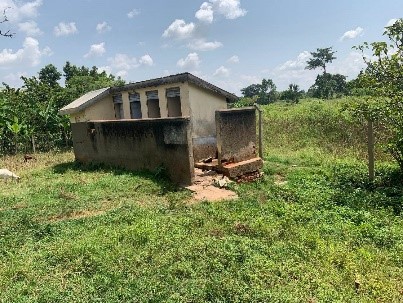
Advancing Grassroots Advocacy for Better Service Delivery
Through the support of the European Union in Uganda under the Strengthening Grassroots Social Accountability Project, Uganda National NGO Forum participated in the Kibuku District Local Government Budget Conference for FY 2025/2026 on 1st November 2024. This collaborative platform marked a significant milestone in advancing grassroots advocacy, with our proposals for key infrastructure improvements being embraced for consideration in the upcoming fiscal year.
During the conference, Mr. Kirya Paul Sajja, the District Planner for Kibuku, highlighted the district’s priorities for FY 2025/26. Among the proposals integrated into the district plans were:
- Improved Sanitation Facilities:
An allocation of 14 million UGX was approved for the construction of pit latrines at Nambiri Primary School in Kagumu Sub-county. This initiative is set to address the pressing sanitation needs of the school, ensuring a healthier and safer learning environment for students. - Enhanced Educational Infrastructure:
A total of 184 million UGX, sourced from the DDEG grant, has been earmarked for the construction of two classroom blocks at Nambiri Primary School in Kagumu Sub-county and Nanoko Primary School in Lwatama Sub-county. This development will significantly improve the learning conditions for pupils, providing them with the facilities they deserve.
The efforts of our Topowa members, who raised service delivery concerns, have paid off. Their voices influenced the district’s and sub-county’s plans and budgets for FY 2025/26, demonstrating the impact of community-driven initiatives.
Why This Matters
Investing in infrastructure and education is critical for Kibuku District’s development. Improved sanitation facilities promote better health and enhance school attendance, particularly for young girls. Meanwhile, the construction of new classrooms ensures a conducive learning environment, which is vital for quality education and future opportunities. This success is only the beginning. We remain committed to strengthening grassroots accountability, uplifting communities to engage with local government structures, and ensuring that their needs are met. Together with our partners and stakeholders, we will continue to advocate for sustainable development and inclusive governance.



